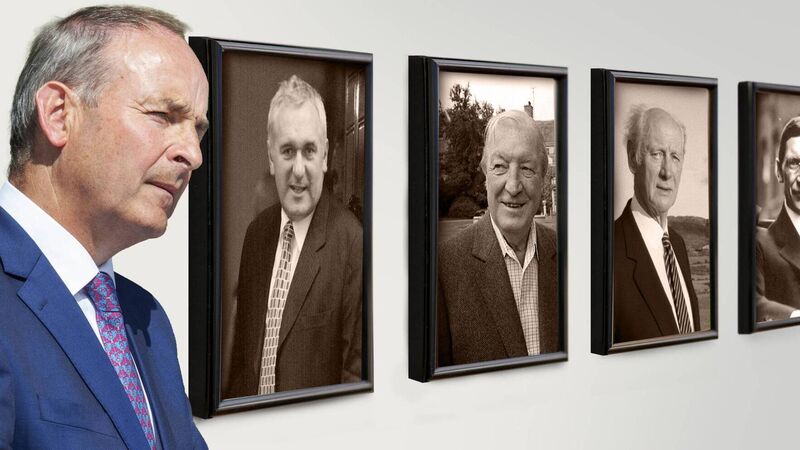Can Micheál Martin keep Fianna Fáil alive?

In June 1989, the Fianna Fáil party was panicking. Under the headline 'Middle Classes Desert Government', the detailed how Charlie Haughey's decision to call an election in the hope of returning a majority had backfired.
Instead of gaining seats, Fianna Fáil came back into the Dáil with a reduced headcount of four.
















